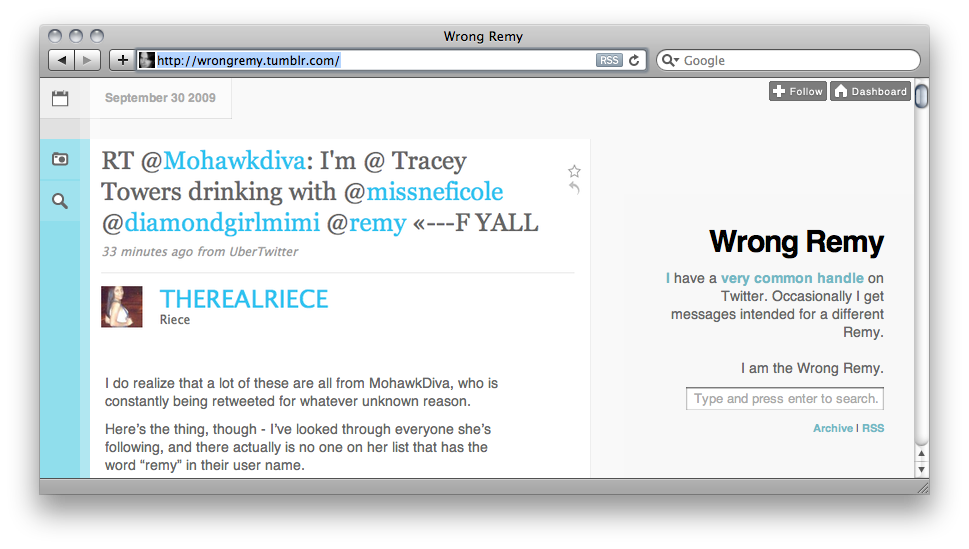There are thirty-four days until the US release of Douglas Coupland‘s latest novel, Generation A.
One of my greatest pleasures is finding intersections in aspects of my life. Before he departed the NYC area, it became apparent that my (then-)coworker Zach Szukala shared a love of Coupland’s books, and a particular love for the large-type Helvetica (always Helvetica!) aphorisms they would contain. His first novel, Generation X, embedded these every few pages in the margins, with pearls of wisdom like “YOU MUST CHOOSE BETWEEN PAIN OR DRUDGERY”. His recent attempt to recapture the lightning-in-a-bottle that Microserfs had, J-Pod, featured page after page of sentence in this style that bordered on hypnotic, if not subliminal.
After enough exposure to these books, things throughout your life begin to look…Couplandish. Spotting one of these bits can be difficult to the untrained senses: it’s a certain ratio of detachment, nostalgia, history, helplessness, and wordplay. In time, they begin to jump out at you from signs and announcements on loudspeakers.
For months, Zach and I would jokingly speak Couplandish – inventing (sometimes cribbing) phrases and snippets that we felt wouldn’t feel out of place in one of these novels we loved so much. Back in June, we started writing them down. A small amount of programming provided mid-90’s web color clashes against random large-type Helvetica (always Helvetica!) selections from the library, and Couplandish was born as a Web 1.0 application.
I realize single-serving sites are out of style now, but if you’ve ever read a Douglas Coupland book, I hope this will give you a smile.
(This is the second of two side projects that I had intended to announce. A third is now in development.)


